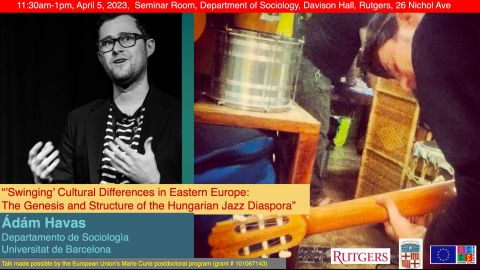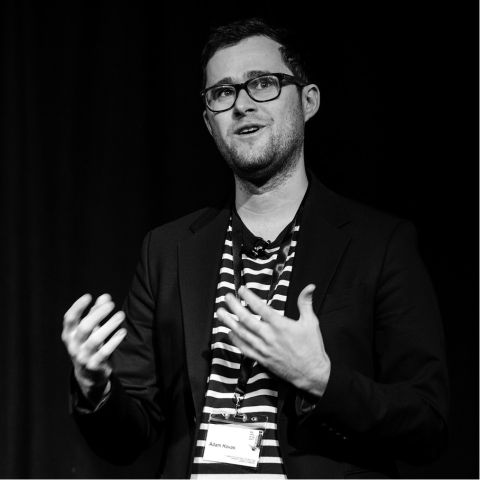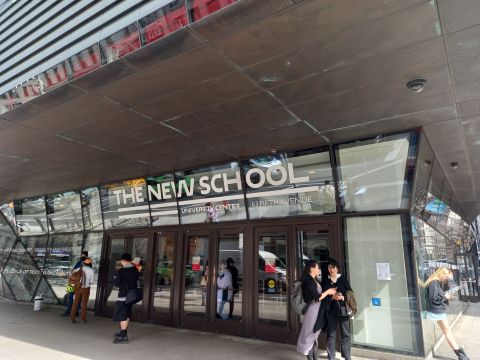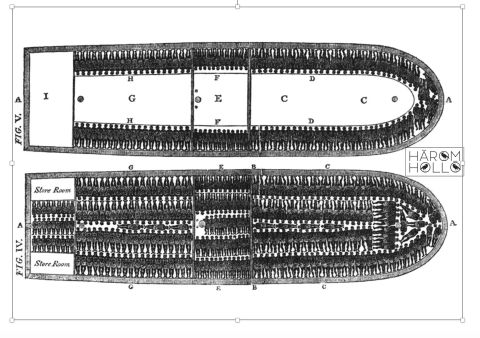"Jazz en Hungría: Historia Social y la Escena Contemporánea" – Universidad Complutense de Madrid, Facultad de Filología, 19 de abril, 2023
Basada en material de la monografía del Dr. Havas, The Genesis and Structure of the Hungarian Jazz Diaspora (Routledge, 2022), la charla explora cien años de jazz en Hungría desde tres aspectos principales:
1. El papel subversivo del jazz en la redefinición de los conceptos racializados de "cultura nacional";
2. El "swing" geocultural de Hungría entre "Oriente" y "Occidente" y
3. La aparición de un movimiento nacional de free jazz inspirado por la música folk.
Las definiciones contradictorias del jazz – "el sonido de la modernidad occidental"– han dado lugar a una rivalidad simbólica en Hungría entre el jazz mainstream centrado en EE.UU., por un lado, y una estética de free jazz orientada a la música de Béla Bartók y tradiciones folklóricas. Nociones como "tradicionalismo" y "modernismo" se han vinculado a distinciones culturales basadas en la clase y la "raza" y ofrecen una visión crítica de la lógica social de la posición geocultural de Hungría. El paso de la "música de café" al bebop se convirtió en una marca importante en las estrategias artísticas de los músicos Romaníes, hasta el punto que el jazz sigue funcionando como medio para expresar la diferencia cultural. Basándose en la sociología cultural de Bourdieu, los estudios sobre la música popular y los estudios postcoloniales, Havas subraya que el jazz sigue siendo un medio de expresión de la diferencia cultural.
Palabras clave: Diáspora del jazz, globalización, diferencia cultural, geopolítica del jazz, Europa del Este




